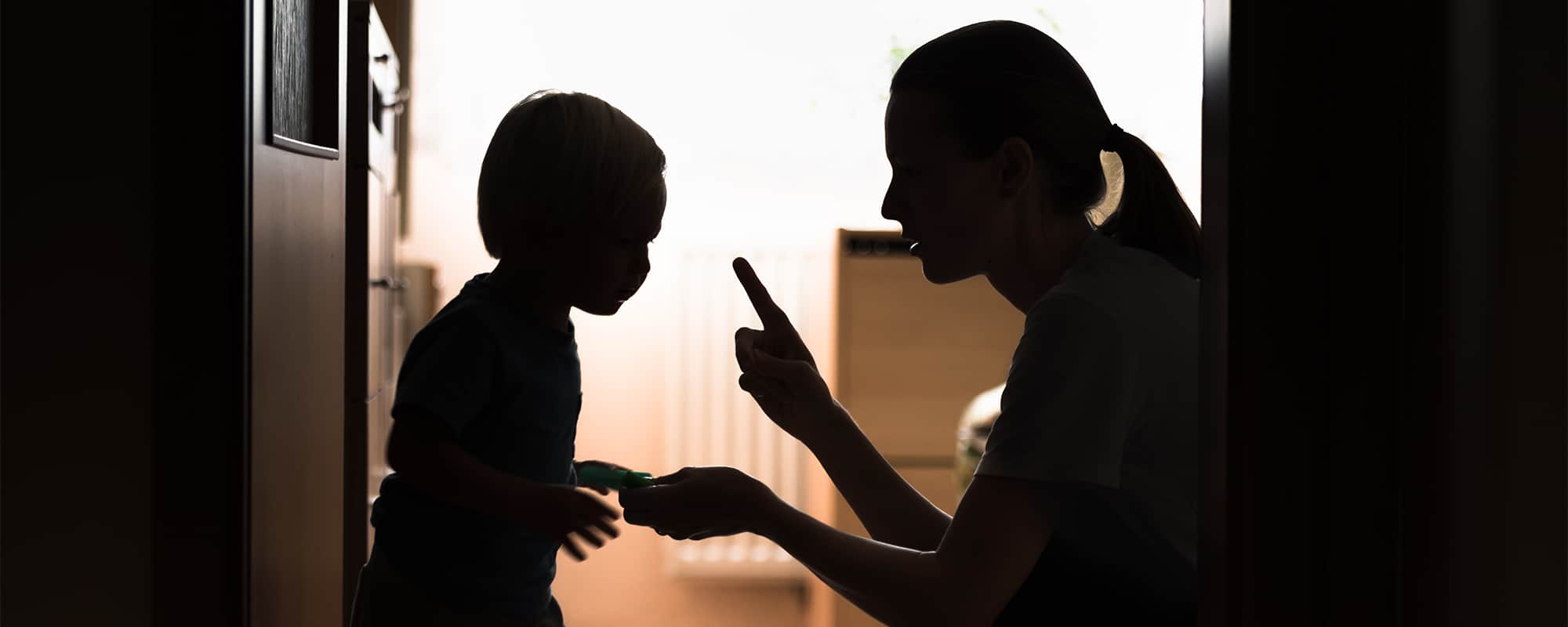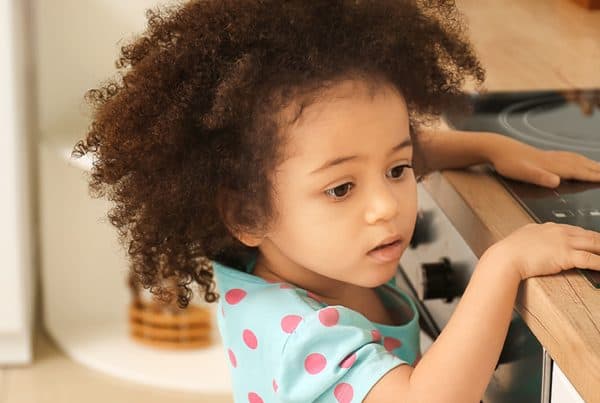Raising children comes with a unique set of challenges. As parents, keeping our children safe, healthy and happy is paramount and with their continual growth and development, achieving our goal can be a learning curve for both parent and child. As parents, we need to learn how to identify emotional and behavioural difficulties and what we should do about them.
Many young children have tantrums and exhibit a range of behaviours, both good and bad, as they navigate the world and learn what’s right and wrong. Inability to manage emotions, being disruptive and aggressive behaviour are all common in children under three. We all know that toddler who’s a biter! It is when these tantrums persist into adolescence, and more aggressive, anti-social behaviours prevail that it may be time to intervene.
Signs of a Problem
Many emotional and behavioural issues are short-lived and are a normal part of a child’s development. When a child does not seem to be moving on from these behaviours though, it could be a sign of a more serious emotional and behavioural issue.
Emotional and behavioural difficulties come in many forms but are often broken down into conditions such as ADHD, Oppositional Defiant Disorder, Anxiety Disorder and Obsessive Compulsive Disorder.
Response Ability, an initiative of the Australian Government Department of Health, advises that signs of emotional or behavioural difficulties include:
- Significant changes in behaviour
- Different behaviour to peers (similar age and stage)
- Severe separation/attachment problems
- Persistent withdrawn, scared, upset or anxious behaviour
- Temper, aggression and inability to manage frustration/anger
- Short attention span, unable to focus on tasks or follow instructions
- Frequent defiance
What to do
It’s easy to become concerned when it comes to our children’s wellbeing. And whilst it’s good to monitor your child’s behaviour, determining whether behaviour you’re concerned about is considered ‘normal’ for their age or stage of development is a good first step.
After considering this, if you are still concerned you should:
- Observe your child at different times of the day, doing different tasks
- Write down examples of the behaviour and when it occurs
- Consult your GP. Your GP is your first port of call and will perform an initial assessment to determine whether further assessment and treatment is needed
Stability at Home
Although there are a number of causes of emotional and behavioural difficulties, some being genetic and unpreventable, having an unhappy, unstable or abusive home-life is known to be a factor which could trigger an underlying problem. Unfortunately, there are many children in the Far North and beyond who don’t have this luxury that most of us take for granted.
Foster Care and Disability Service provider, Life Without Barriers Mackay, aims to provide happy homes for children and looks for adults who want to be the positive change in a child’s life. They are currently looking for specialised Foster Carers to share their home, heart and time with a child or young person. Children in foster care need committed, trustworthy and resilient adults to guide them to a positive future.
Carers have access to training and help, both before they become a carer, and ongoing. People get matched with foster children, based on a number of factors to help ensure the placement – short or longer-term – is as successful for everyone as possible.





